Hip Hop Forever
A tribute to Hip Hop
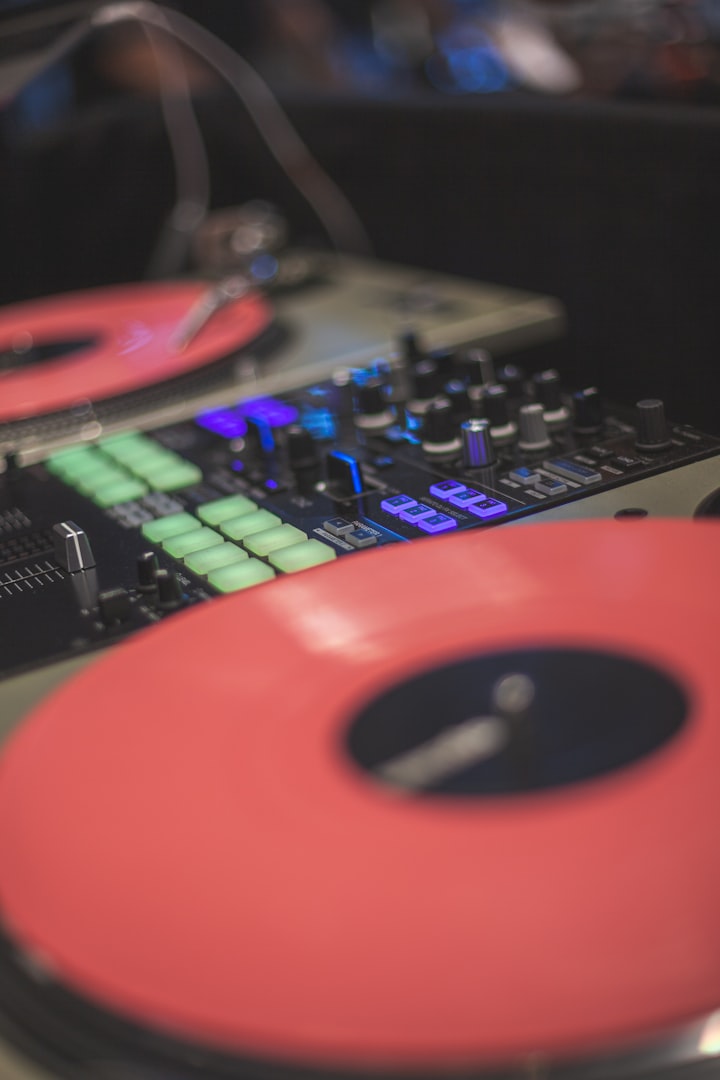
This year marks the 50th birth year of Hip-Hop culture. I swear it feels like Hip Hop has been around much longer than that, well actually, it has been around a lot longer than most people realize. Hip Hop has helped to shape my life and mold me into the person I am today, so I had to write a tribute to Hip Hop during its 50 birthday, an ode to the music and culture which not only shaped me, but so many others like me.
When did Hip-Hop begin? Where did Hip Hop come from? There are so many ways to answer that question and honestly there is not enough time in the world to explain. So I guess I’ll give a concise summary of Hip-Hop’s history and dig deeper into its effects and impact. Truth be told, Hip-Hop’s origin can be traced all the way back to African customs and the days of slavery when slaves would talk to each other while they were covertly conversing about their masters. If you wanted to move a bit closer to the present day, like all music we love, Hip-Hop started with the blues.

Hip Hop was cut from the same cloth as Rock, Jazz, Soul, Funk, etc. Hip Hop fully took shape in the mid to late 70s in the borough known as the South Bronx in New York City. Taking the form of what many people saw as the love child of Blues, Funk, Soul and Jazz, Hip Hop is not only a genre of music, but an entire culture. Hip Hop takes on various forms of expression including: DJ-ing, breakdancing, graffiti, fashion, but most notably, rapping. Born and bred in the inner city, Hip Hop became the voice of the young Black youth of the ghetto, starting in the streets of New York City and eventually taking hold in every ghetto across the nation.
Rapping is a form of singing which consist of scat-like vocals. If you wanted to sum up what rapping means you could look at the very letters that make up the word Rap and see them as an acronym: Rhythm And Poetry. A rapper or emcee, sings with a scat-vocal like cadence and a poetry-like rhyme scheme. The earliest rap song that would introduce Hip Hop to the pop music mainstream was the 1979 hit song “Rapper’s Delight” by The Sugarhill Gang.
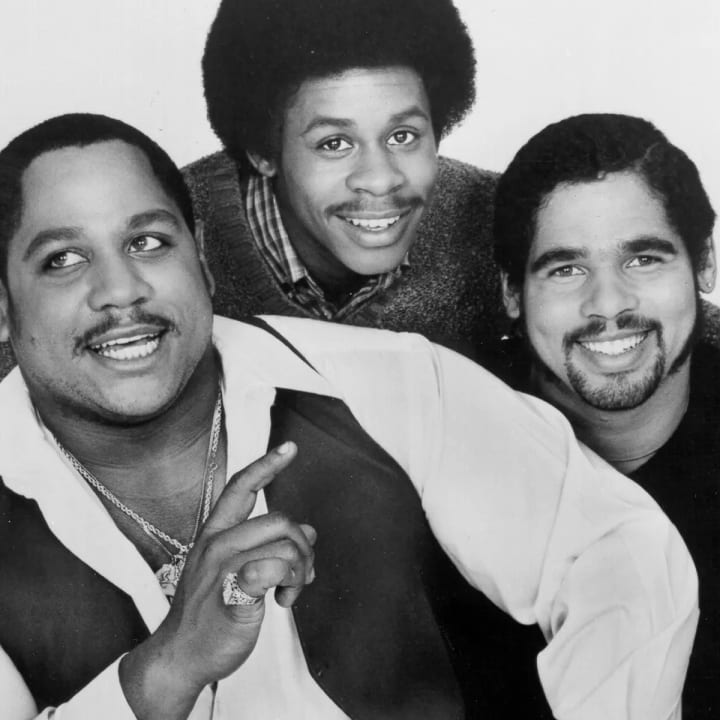
“I said-a hip, hop, the hippie, the hippie to the hip hip hop-a you don't stop the rock it to the bang-bang boogie, say up jump the boogie it the rhythm of the boogie the beat
Now what you hear is not a test: I'm rappin' to the beat. And me, the groove, and my friends are gonna try to move your feet” - Sugarhill Gang (Rapper’s Delight).
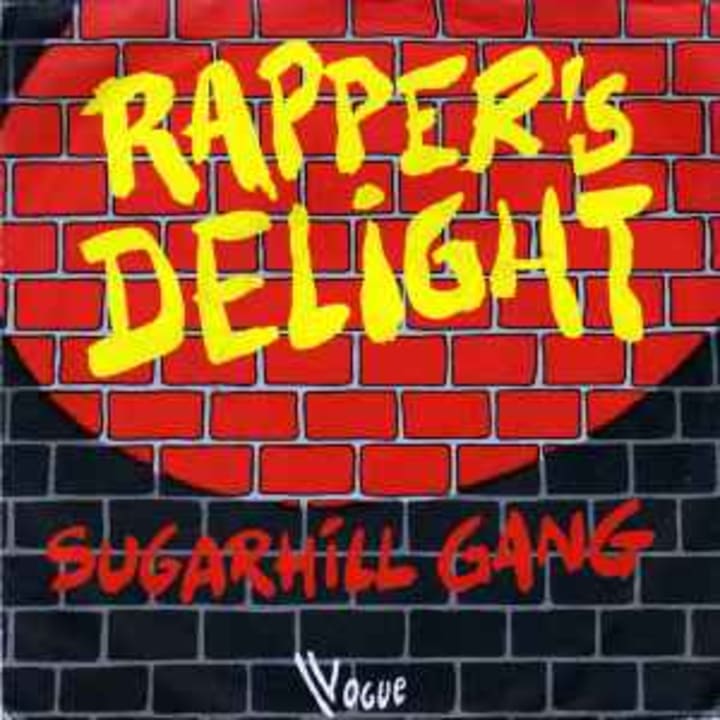
The success of “Rapper’s Delight” would be followed by songs like “The Message” from Grandmaster Flash and the Furious Five.
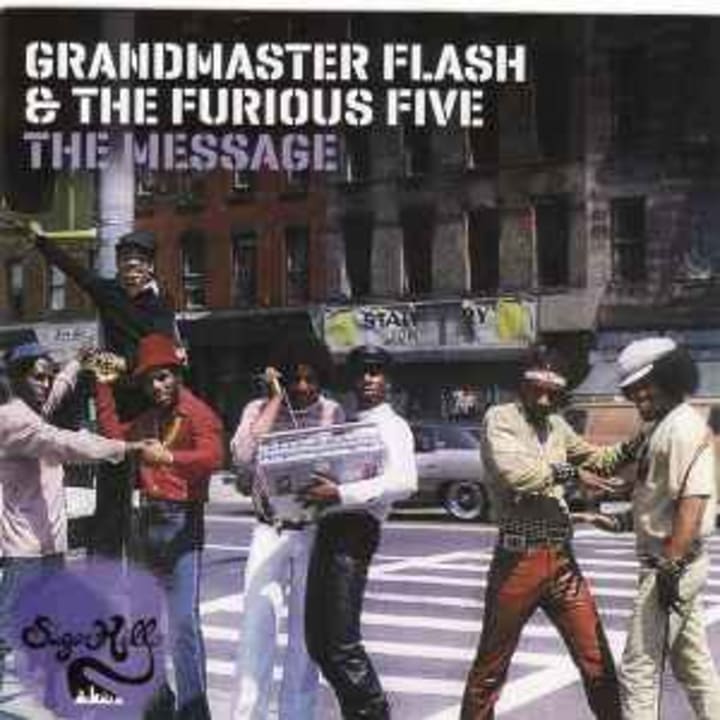
“Don’t push me cuz I’m close to the edge. I’m trying not to lose my head
It’s like a jungle sometimes it makes me wonder how I keep from goin under” - Grandmaster Flash And The Furious Five (The Message).
These songs introduced Hip Hop to the world. What started with the Sugarhill Gang and Grandmaster Flash in the early 80s would be taken further in the mid 80s with then rising Hip Hop acts like Kool Moe Dee, Run DMC and LL Cool J.
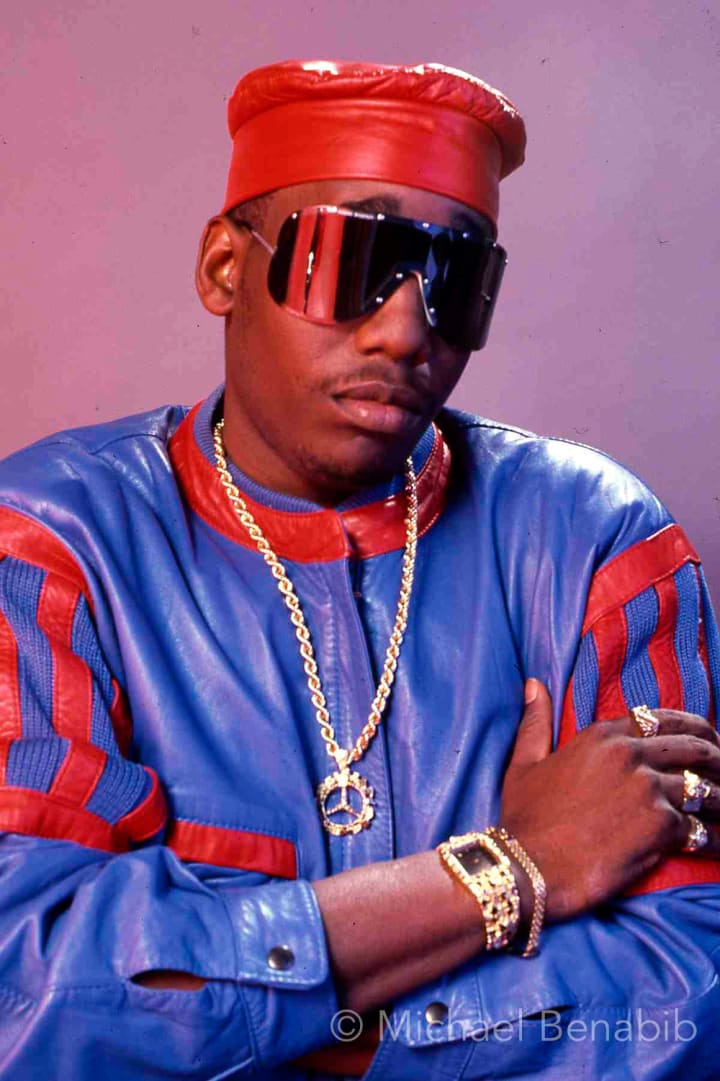
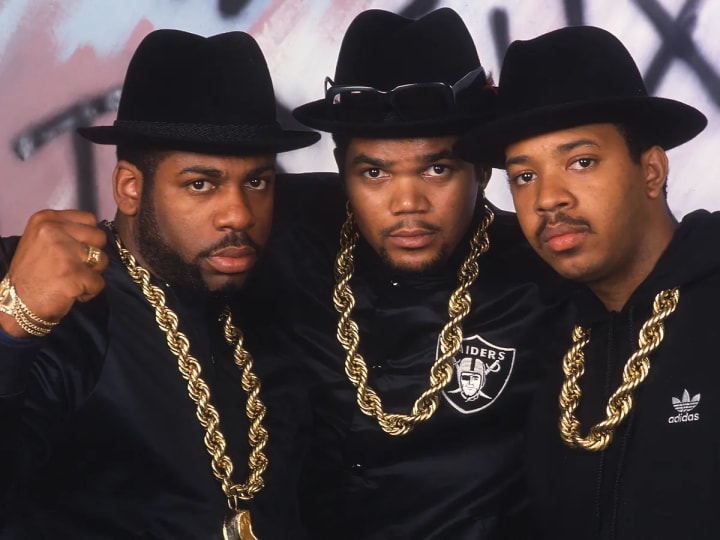
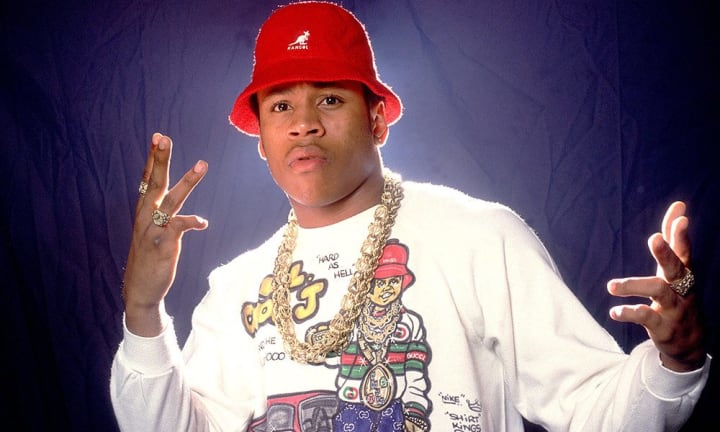
While the pioneers and offsprings of the early 80s set the stage for Hip Hop’s personality and style, it would be the pioneers and offsprings of the mid 80s like Eric B & Rakim, Big Daddy Kane and Boogie Down Productions, who would revolutionize the concept of lyricism with their advanced lyrical ability. This is where the pinnacle of what it meant to be a “Dope Emcee” was born with many crediting these artist as being the masters of the rapping components consisting of rhyming, bar structure, wordplay, lyrical metaphors and perhaps most importantly, flow. Many would credit Rakim as being the creator of flow.
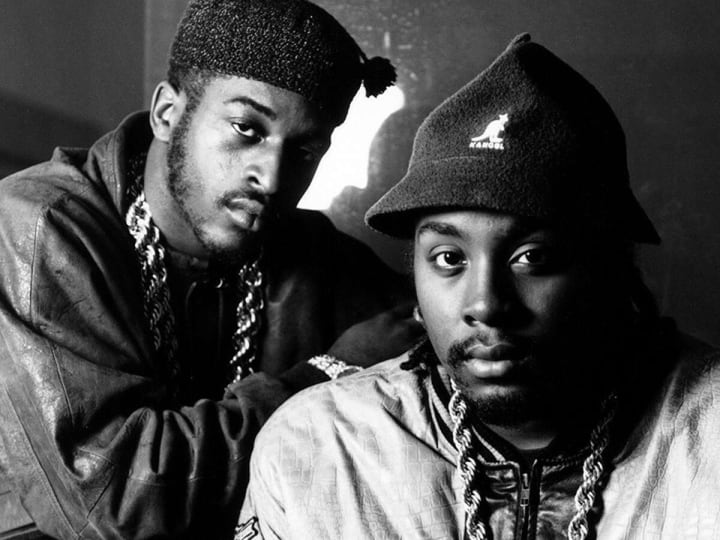
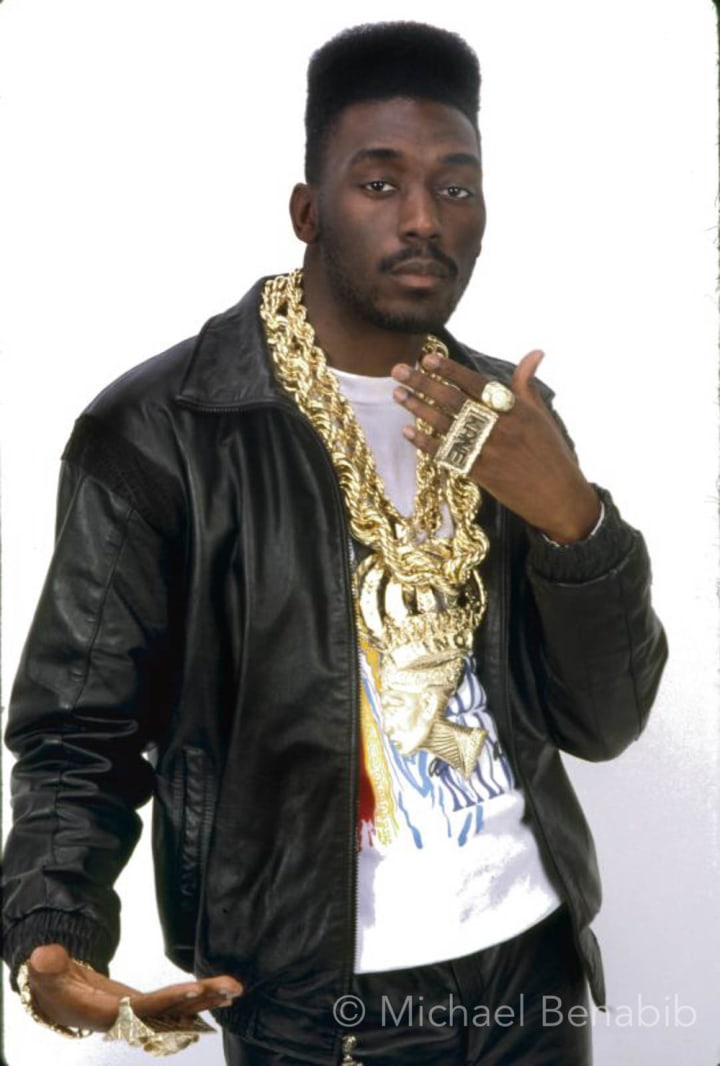
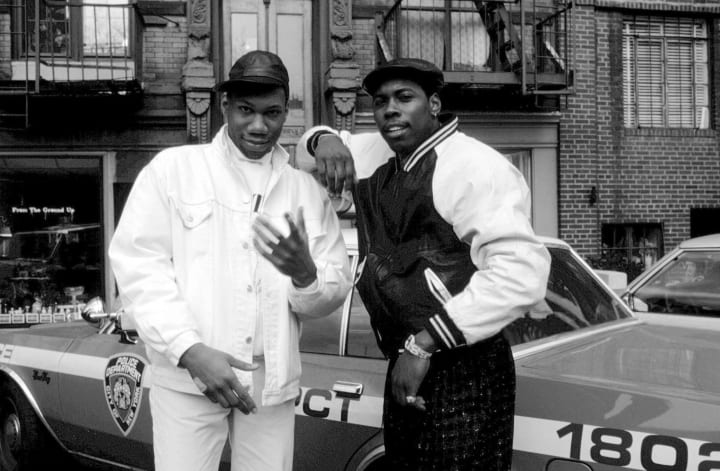
From the mid to late 80s Hip Hop not only saw a shift with emphasis being put on the technical side of rapping, but emphasis also being put on the subject matter side of Hip Hop. The impending evolution of subject matter in rapping would lead to a future that would solidify Hip Hop’s place in pop music. The art of rapping about life on the streets of the inner city which was introduced by rappers like Grandmaster Flash, Schoolly D, Rakim and KRS-One was taken to the next level of previously unimaginable proportions when artist like Public Enemy, Ice-T, Queen Latifah and N.W.A entered the picture.
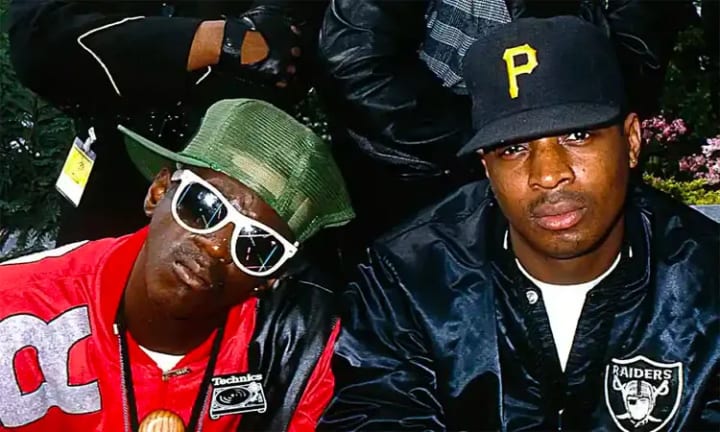
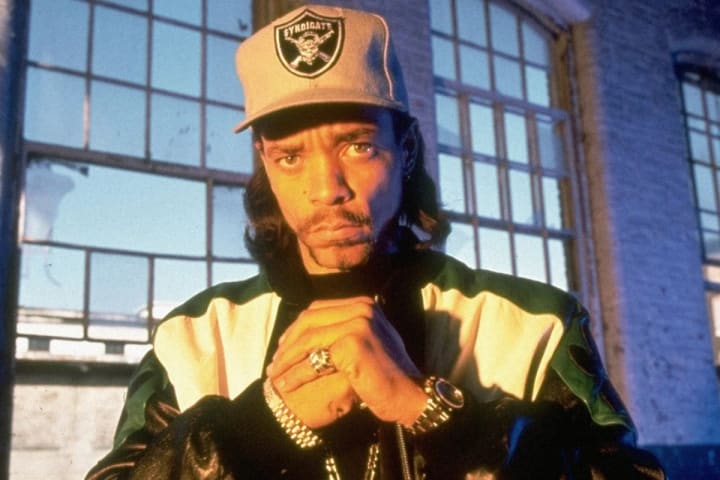
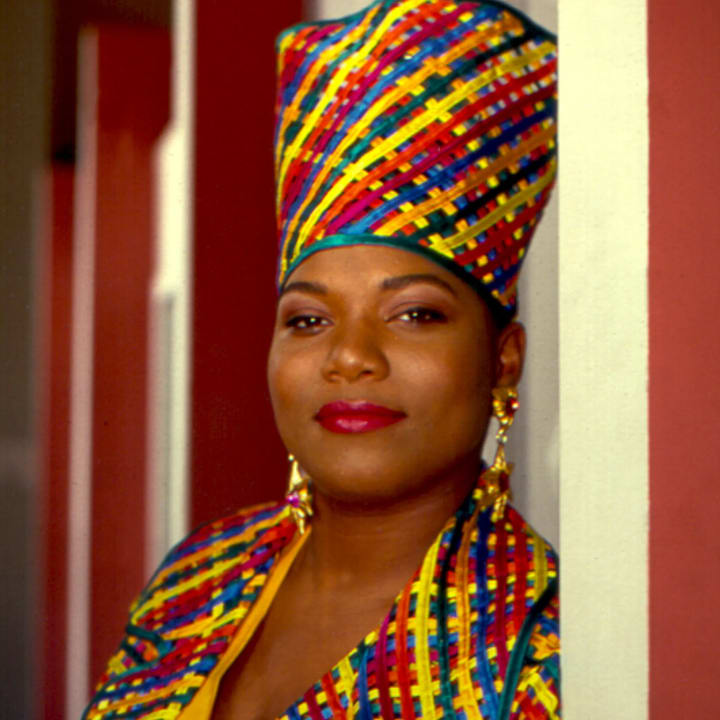
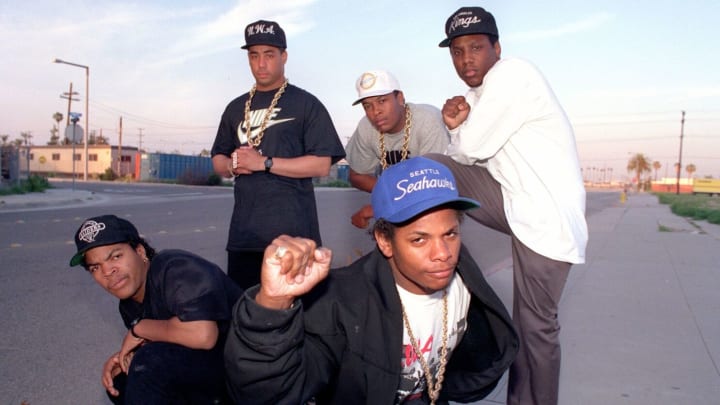
With all of these groups we saw Hip Hop commentating on Afro-centrism, social-political issues, and the hardships surrounding the inner city dealing with crime, drugs and poverty, this would be known as Gangster Rap. Among all the seriousness Hip Hop also had a very fun loving lighthearted side as well with acts like DJ Jazzy Jeff and the Fresh Prince and Kid N Play.
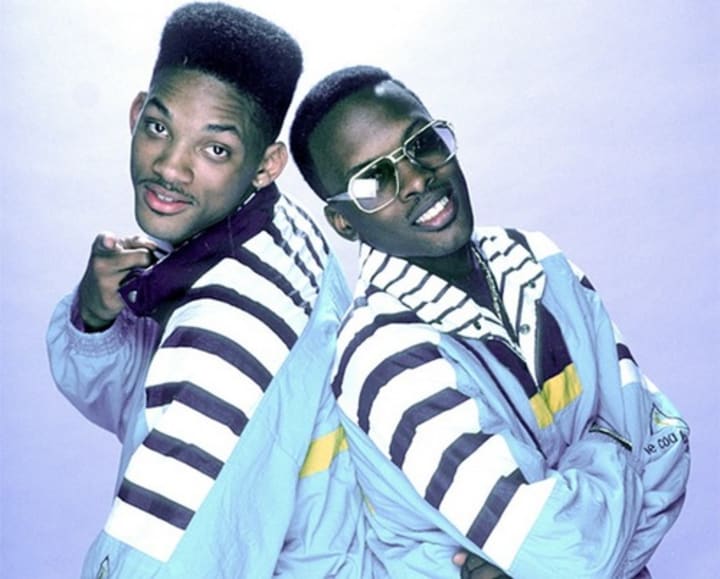
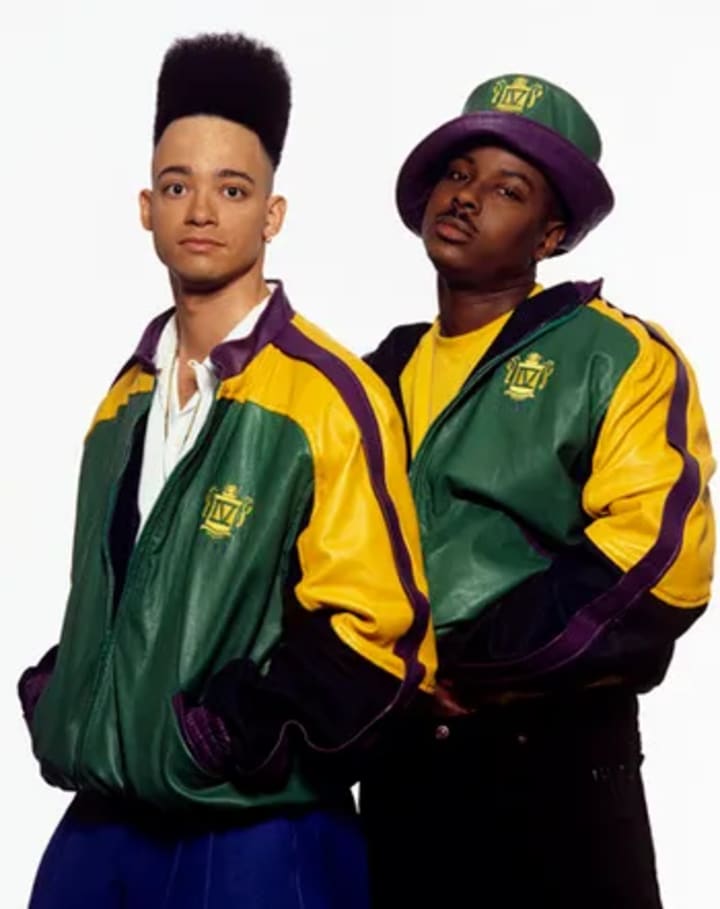
This new exploration of these Hip Hop themes would see a growth in Hip Hop’s audience, so much so that by 1988 the music network known as MTV had created a show specifically for Hip Hop music videos known as Yo MTV Raps, which was hosted by Hip Hop media personalities Ed Lover and Doctor Dre.
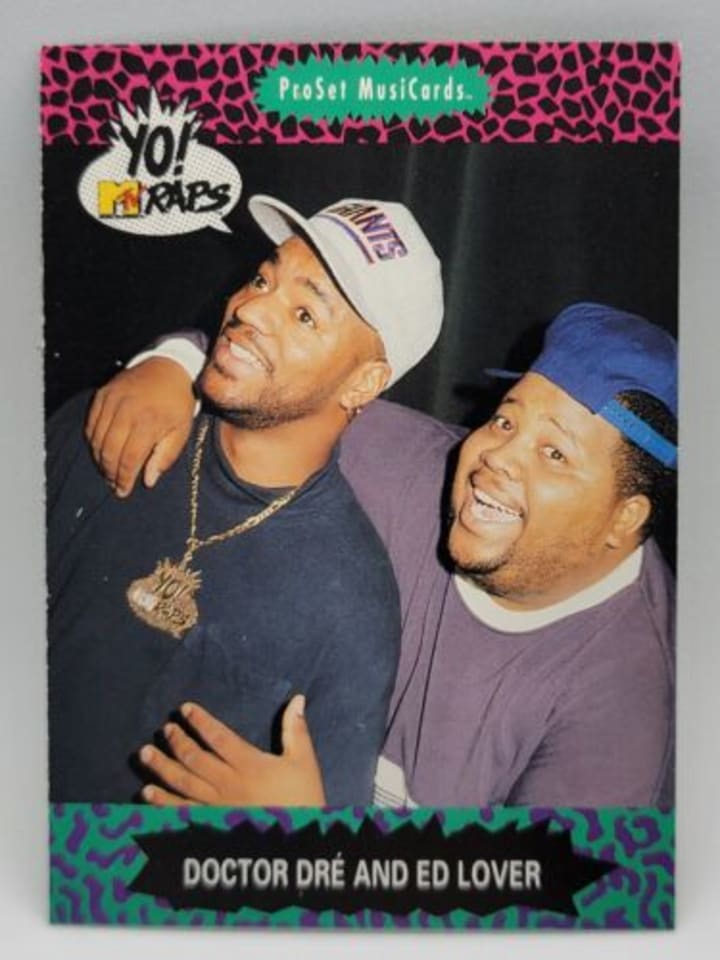
By the turn of the 90’s Hip Hop had become just as popular as every other genre of music, yet many people viewed it as a temporary trend of music that was eventually going to fade away. It became very clear that this was not the case when NWA alumni Dr. Dre crafted his solo debut The Chronic.
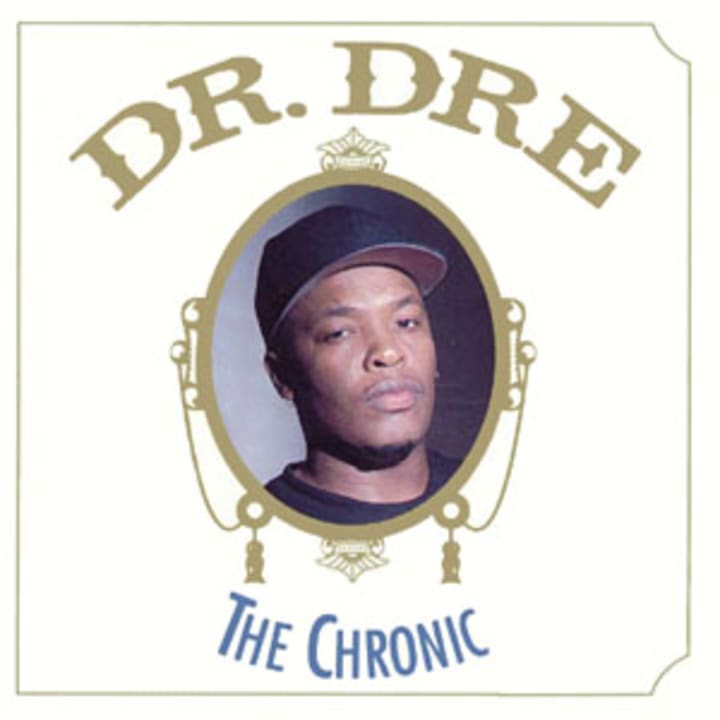
The Chronic by Dr. Dre would introduce a new sub genre of Hip Hop known as G-Funk. The album would also solidify Hip Hop’s place in pop music, a place in which it would remain forever. Following The Chronic, a whole new generation of street influenced Hip Hop artist like that of Gangster Rap and Conscious Rap began to emerge through out the early to mid 90’s including: Snoop Doggy Dogg, Wu-Tang Clan, Tupac Shakur, Nas, The Notorious B.I.G. And OutKast among many others would tell similar stories from the same world.
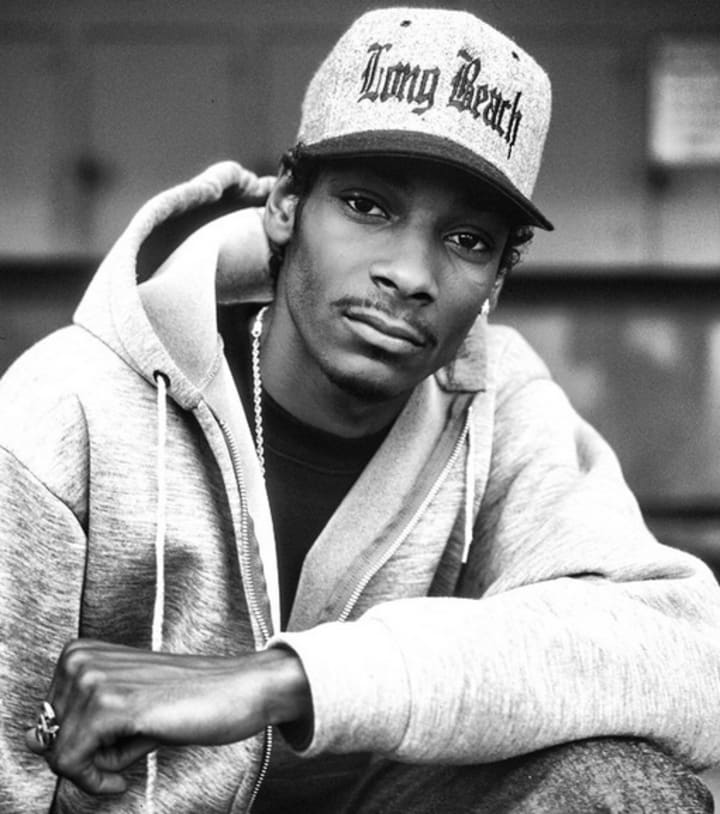
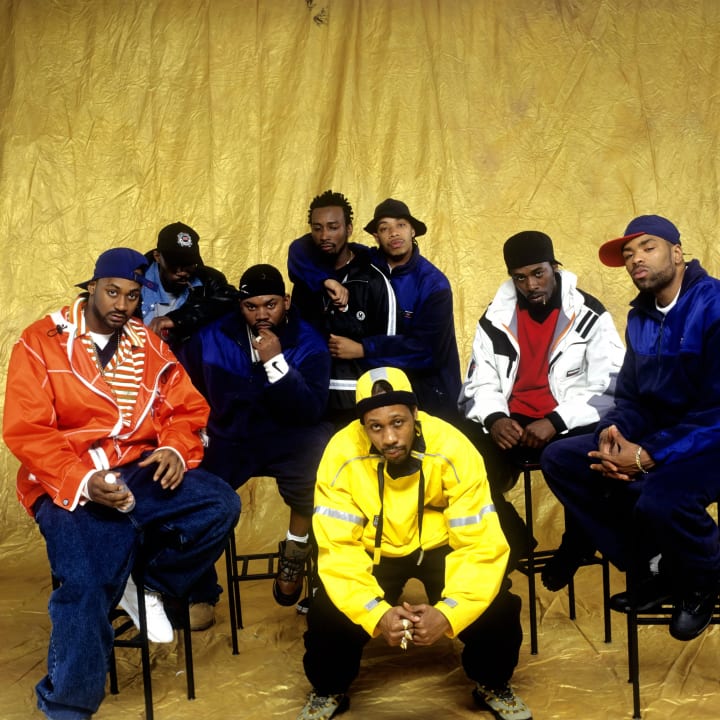
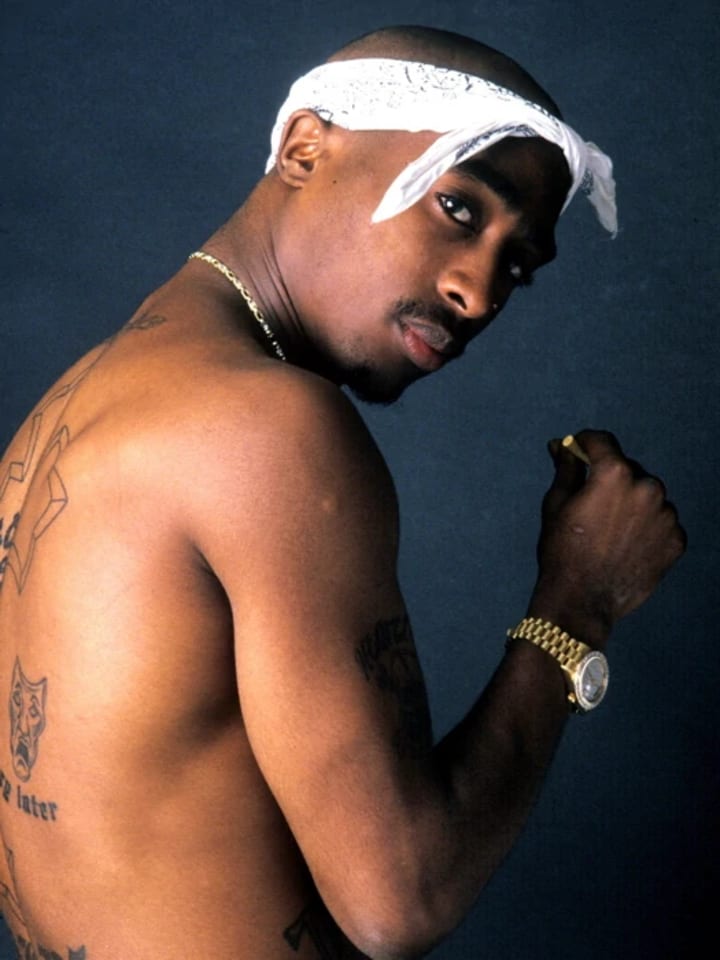
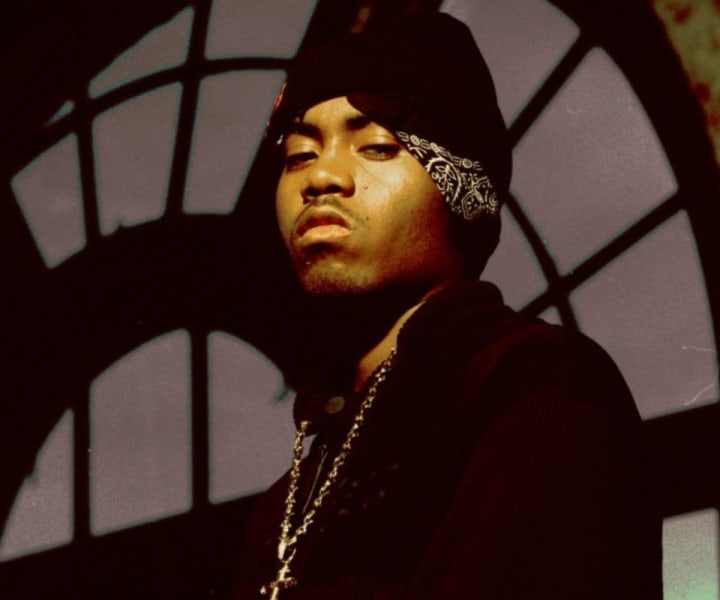
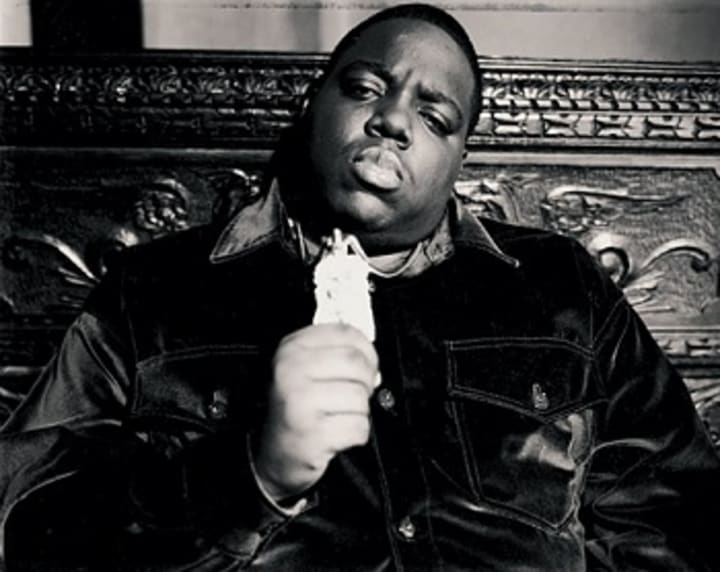
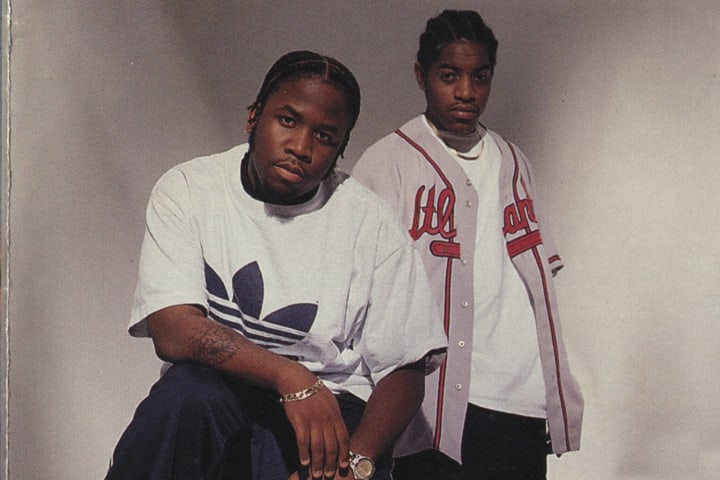
Through out the remainder of the 90’s and into the 2000’s Hip Hop’s territory has expanded to other parts of the world and has crossed over with ever other genre of music. Fast forward to today and Hip Hop is the most dominant form of music in mainstream entertainment. Hip Hop has also taken over the worlds of sports, acting and fashion, furthering it’s influence as a cultural staple and like all music, Hip Hop has been able to capture the essence of every major period in world history since it was first conceived.
What does Hip Hop mean to me? I would not be exaggerating if I said Hip Hop is my life. I have been rapping my whole life and made my own music as a contribution to Hip Hop. Hip Hop has been my voice through the best and worse times of my life. Hip Hop spoke for me when I was angry. Hip Hop cheered me up when I was sad and Hip Hop was my victory dance when I was happy. My greatest passion in life is writing and Hip Hop is one of the biggest inspirations over my writing. Hip Hop makes the world a better place, not just because of how good it sounds, but because of the positivity and unity that it has created world wide. With this I say happy birthday to Hip Hop.
Thank you for being a positive alternative for so many people in my community, thank you for the bridges you have built between communities. Thank you for the harmony you have created. Thank you for the lives you have saved. Thank you for the lives you have created and thank you for being a part of my very soul.
~~This article is dedicated to all of my favorite rappers and teachers of Hip Hop:
Ice Cube, Tupac Shakur, DMX, Redman, Nas, Scarface, LL-Cool J, Snoop Dogg, The Notorious B.I.G., NWA, OutKast, Public Enemy, Busta Rhymes, Ludacris, Eminem, Techn9ne, Cypress Hill, Wu-Tang Clan, Da Lench Mob, Queen Latifah, MC Lyte, Prophets Of Da City, Bone Thugs N Harmony, The Lox, Rah Digga, Lil Kim, Heavy D, E40, The Geto Boys, The Def Squad, Missy Elliot, J. Cole, Kendrick Lamar, Timbaland, Pharrell Williams, Lil Jon.
“Hip Hop will never die, but will forever fly.
You don’t have to feel us, but nothing will ever kill us.” - Joe Patterson
Hip Hop Forever…
About the Creator
Joe Patterson
Hi I'm Joe Patterson. I am a writer at heart who is a big geek for film, music, and literature, which have all inspired me to be a writer. I rap, write stories both short and long, and I'm also aspiring to be an author and a filmmaker.
Reader insights
Outstanding
Excellent work. Looking forward to reading more!
Top insights
Expert insights and opinions
Arguments were carefully researched and presented
Compelling and original writing
Creative use of language & vocab
Easy to read and follow
Well-structured & engaging content
Eye opening
Niche topic & fresh perspectives
Heartfelt and relatable
The story invoked strong personal emotions
On-point and relevant
Writing reflected the title & theme






Comments (4)
Joe, as a musician I can't tell you how happy I was to see this article. Well done! You are absolutely right of course, and it was great to see the nod to the original blues. Hip Hop has been one of my favorite genres since the first time I heard the Sugar Hill Gang, and it was renewed when I heard Coolio's Gangsta's Paradise for the first time. The new artists are bringing so much of a new dimension to light and it's really about time. GREAT article!!
Awesome read!! Really enjoyed this. Wonderful job! :)
That was awesome read down memory lane. I learned a few things too. Great dedication piece to Hip Hop!
Excellent Job. The 70’s was fun times